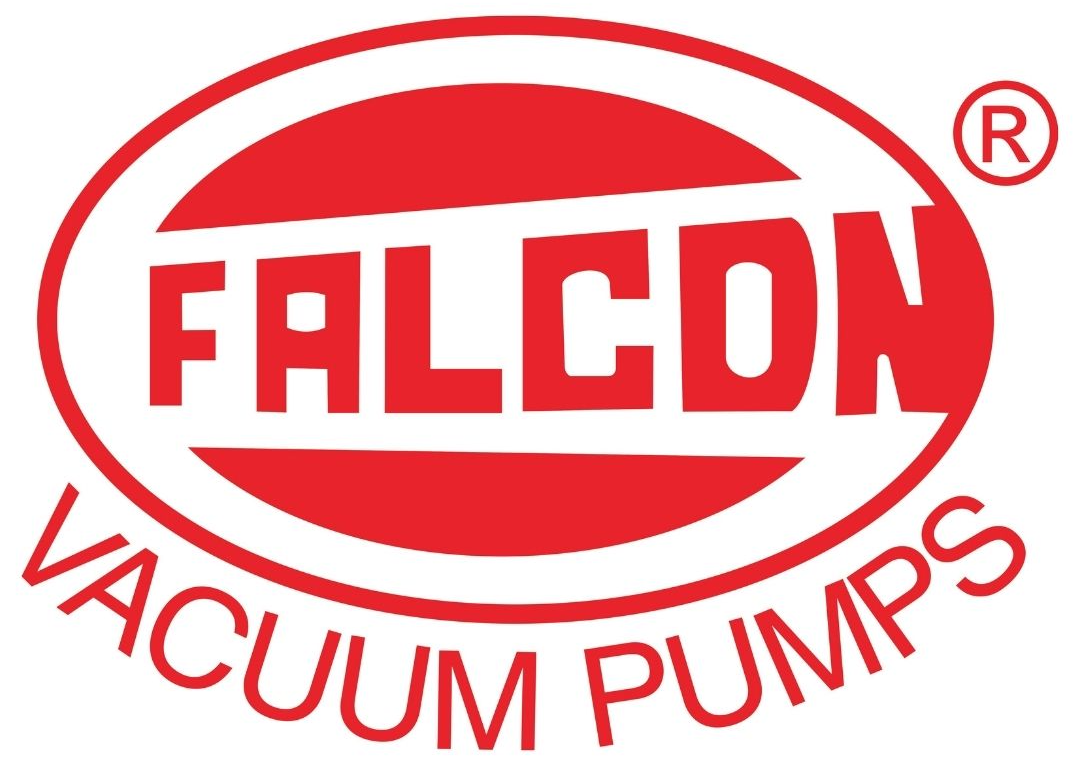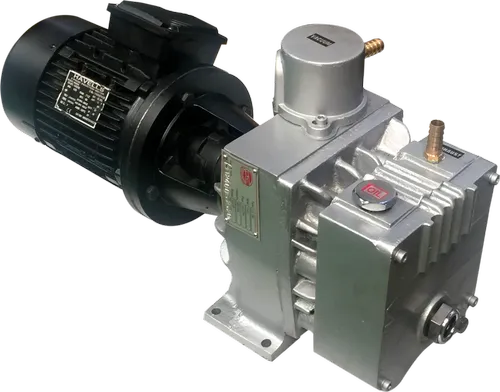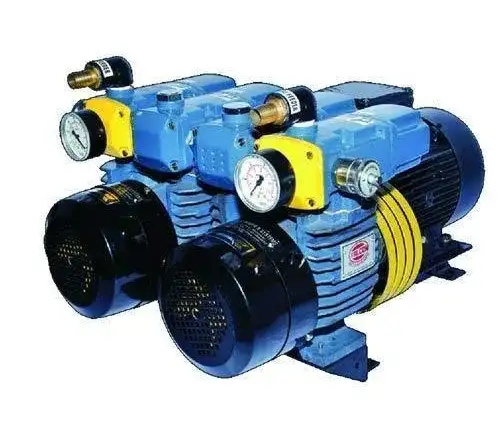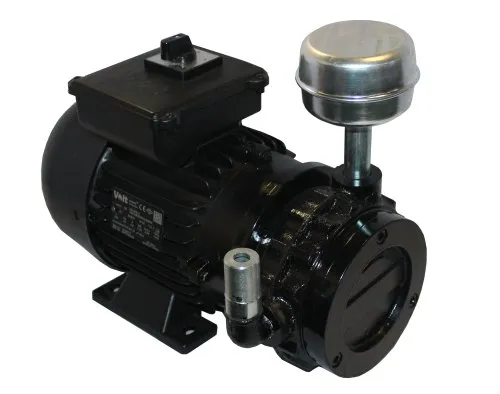The core competencies of industrial vacuum pump suppliers typically include:
Expertise in Engineering: Industrial vacuum pump suppliers are expected to have a deep understanding of the principles of vacuum technology and be able to engineer pumps that meet the specific needs of their customers.
Customization: A supplier’s ability to customize their vacuum pumps to meet the specific requirements of their customers is also a key competency. This involves the ability to modify the design of a pump to fit the particular application and to provide guidance on the most appropriate pump for the customer’s needs.
Quality Assurance: Industrial vacuum pump suppliers must have robust quality control systems in place to ensure that their pumps are manufactured to the highest standards of quality and reliability. This includes rigorous testing and inspection procedures throughout the production process.
Technical Support: Suppliers should have technical experts who can provide comprehensive support to their customers, including advice on the proper installation, operation, and maintenance of their pumps.
Range of Products: The ability to offer a range of vacuum pumps with varying specifications and capabilities is also an important competency. This ensures that customers can choose the pump that best meets their specific requirements.
After-sales Service: A supplier’s ability to provide reliable after-sales service and support, including repairs and replacement parts, is also an important competency. This ensures that customers can rely on their pumps for many years of trouble-free operation. Overall, the core competencies of industrial vacuum pumps suppliers are centered around their
ability to provide high-quality, customized pumps, with technical expertise, and reliable after-sales service.
There are several factors that an industrial vacuum pump supplier may consider when deciding on the price of a vacuum pump. Here are some of the factors that may be taken into account:
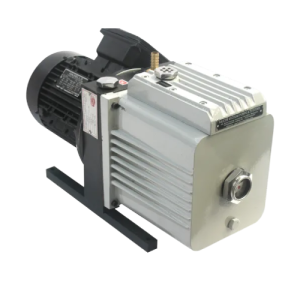
Manufacturing cost: The cost of manufacturing the vacuum pump is one of the key factors that suppliers consider when pricing their products. This includes the cost of raw materials, labor, and overhead expenses such as rent, utilities, and equipment maintenance.
Market demand: The level of demand for vacuum pumps in the market can also influence the price. If there is high demand for a particular type of vacuum pump, the supplier may price it higher to reflect the market conditions.
Competition: The prices of vacuum pumps offered by competitors can also impact the pricing decision. If the supplier has a lot of competitors offering similar products at lower prices, they may need to price their vacuum pumps competitively to remain competitive in the market.
Features and quality: The features and quality of the vacuum pump can also play a role in the pricing decision. If the vacuum pump has advanced features and is of high quality, the supplier may price it higher to reflect the added value.
Brand reputation: The reputation of the supplier’s brand can also impact the pricing decision. If the supplier is known for providing high-quality products, they may be able to price their vacuum pumps higher than competitors. Overall, the pricing decision for a vacuum pump is a complex one that takes into account many factors. Ultimately, the supplier will need to balance the manufacturing cost, market demand, competition, product features and quality, and brand reputation to determine the appropriate price for their vacuum pump.
